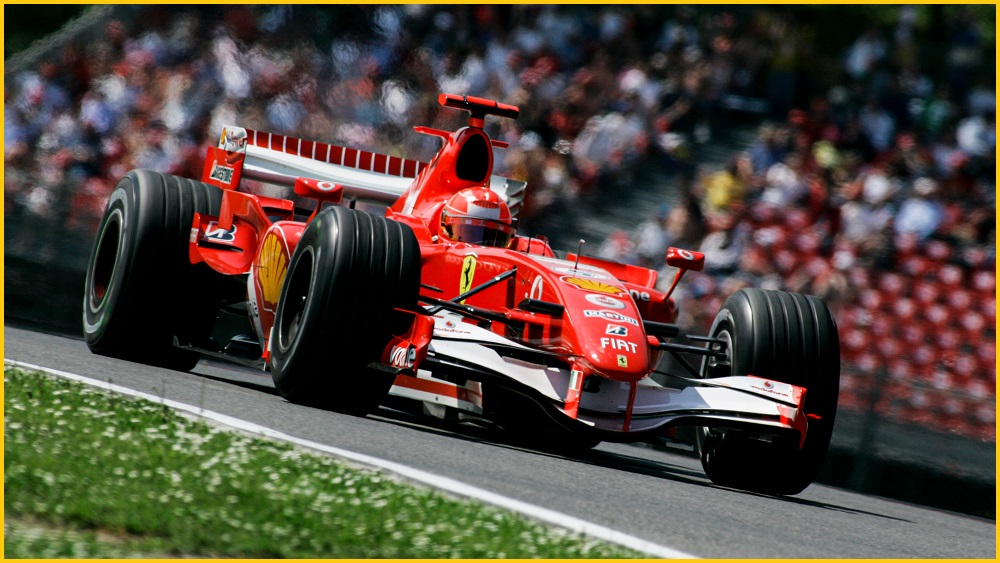The family of Formula One legend Michael Schumacher is planning to sue a German magazine that featured an AI-generated interview with the seven-time champion.
Schumacher has been out of the public eye following a brain injury he suffered during a skiing accident in late 2013. His family has chosen to keep details about the racing star’s health condition private.
Yet two weeks ago, Schumacher’s smiling face was splashed across the cover of the latest edition of Die Aktuelle – a German gossip magazine akin to New Idea – which promoted “the first interview” with the “world sensation” since his accident.
“It sounds deceptively real,” the magazine front cover read in Schumacher’s native German.
The two-page spread did not have a byline and included screenshots of messages claiming to be from Michael Schumacher talking about his family, his health, and life after the skiing accident.
A spokesperson for the Schumacher family confirmed to Reuters that the family is planning legal action against Die Aktuelle.
German media watcher Boris Rosenkranz noted that the article continued to falsely suggest that the AI-generated responses may have indeed have been written by Schumacher, despite its own sly admission that the ‘interview’ happened with an AI.
Bianca Pohlmann, managing director of Funke Magazines which publishes Die Aktuelle, said in a statement that the “tasteless and misleading article should never have appeared”.
“It in no way meets the standards of journalism that we – and our readers – expect from a publisher like Funke,” she said.

The cover of Die Aktuelle falsely claimed to have the first interview with Schumacher since his tragic skiing accident.
Funke said it stood down Die Aktuelle’s editor-in-chief Anne Hoffmann who had been in the role since 2009.
Since the arrival of ChatGPT late last year, the sudden explosion in large language models and other AI tools has made it easier than ever to impersonate celebrities and pass off AI-generated content as journalism.
US tech news site CNET has been passing off AI text as news as early as November 2022, though its tests have been plagued with inaccuracies and accusations of plagiarism.
BuzzFeed also began experimenting with AI earlier this year in an effort to personalise its infamous quizzes and other content.
The company shut down its news division last week following a 15 per cent reduction in its overall workforce.










